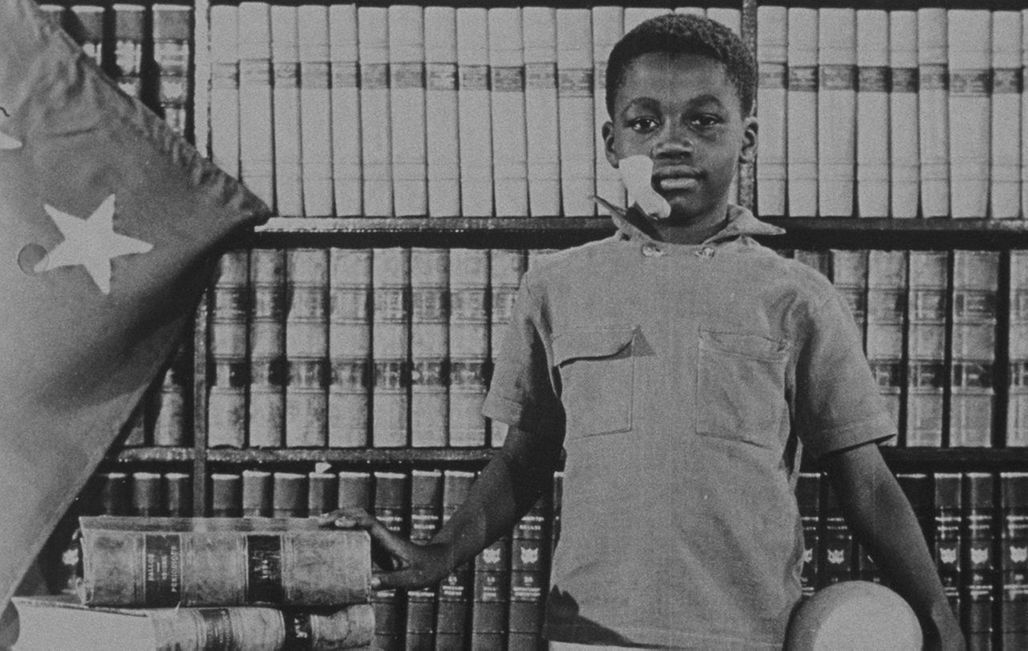
Lumumba, Death of a Prophet, shines a light on the tragic fate of the first leader of the independent Congo

In Lumumba, la mort du Prophète (Lumumba, Death of a Prophet), a documentary made thirty years after Patrice Lumumba's assassination, Haitian filmmaker Raoul Peck looks back on the tragic fate of the hero of Congo's independence. Historical investigation meets personal diary as Peck calls on his childhood memories and questions the narrative imposed on the Congo on the subject of the death of its leader.
"If I die tomorrow, it will be because a White has armed a Black" insisted Patrice Lumumba, the man in the process of becoming Prime Minister of Congo in 1960. On 17 January 1961, history proved him right. The country's post-independence hero was arrested, tortured and murdered in Katanga. That night, Belgian commissioner Gerard Soete and his brother carried out a massacre: Patrice Lumumba's corpse was cut into pieces and his limbs dissolved in acid.
With Lumumba, la mort du Prophète (Lumumba, Death of a Prophet), Raoul Peck shines new light on the long-concealed affair and its consequences for our present. The filmmaker was aged just eight years old when he moved to the Congo in 1962. Thirty years later, he made this very personal film, where biographical events, personal testimony, archives and history come together to create a thoughtful portrayal of the figure that Lumumba was, his political assassination, the media and memory.
With a profound lyricism that never veers into accusation, Raoul Peck combines his childhood memories – as the son of an agricultural engineer who worked for the regime that removed Lumumba – with a more traditional investigation into these bloody events. Through his highly personal questioning, he delivers a moving memorial to a man described as a prophet and offers a unique opportunity to take a fresh look at the legacy bequeathed by one of the legendary figures of modern African history.


